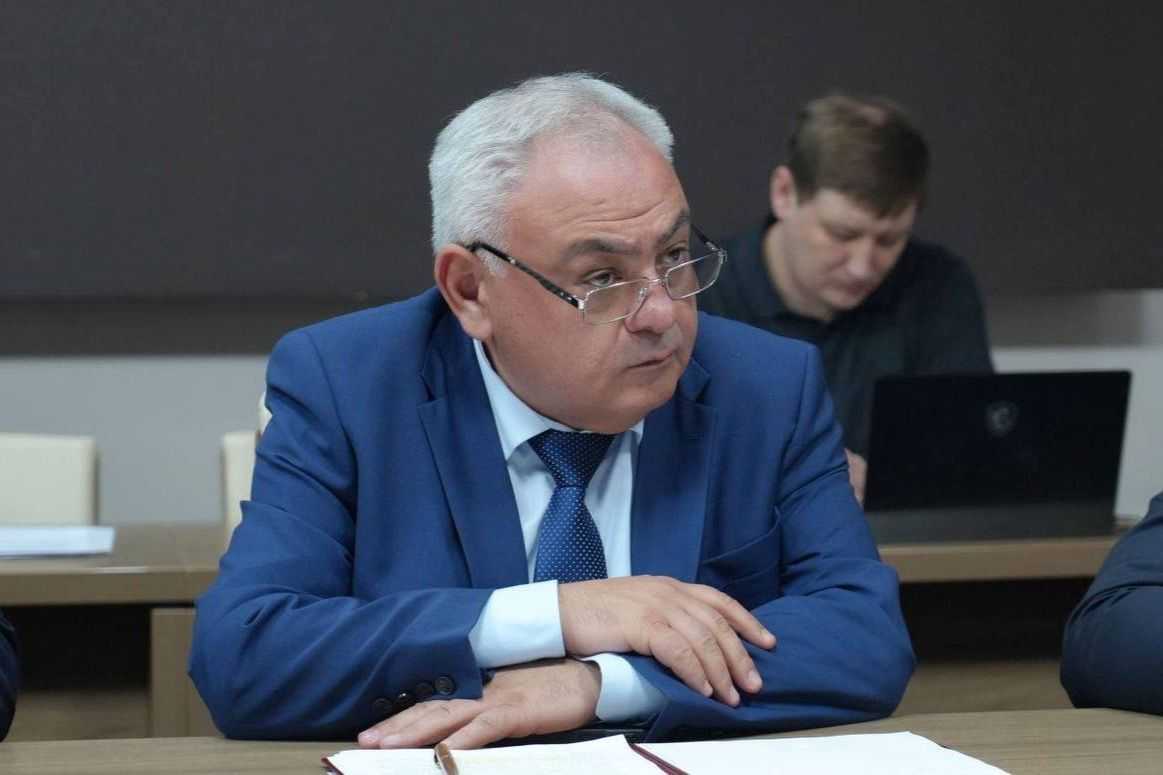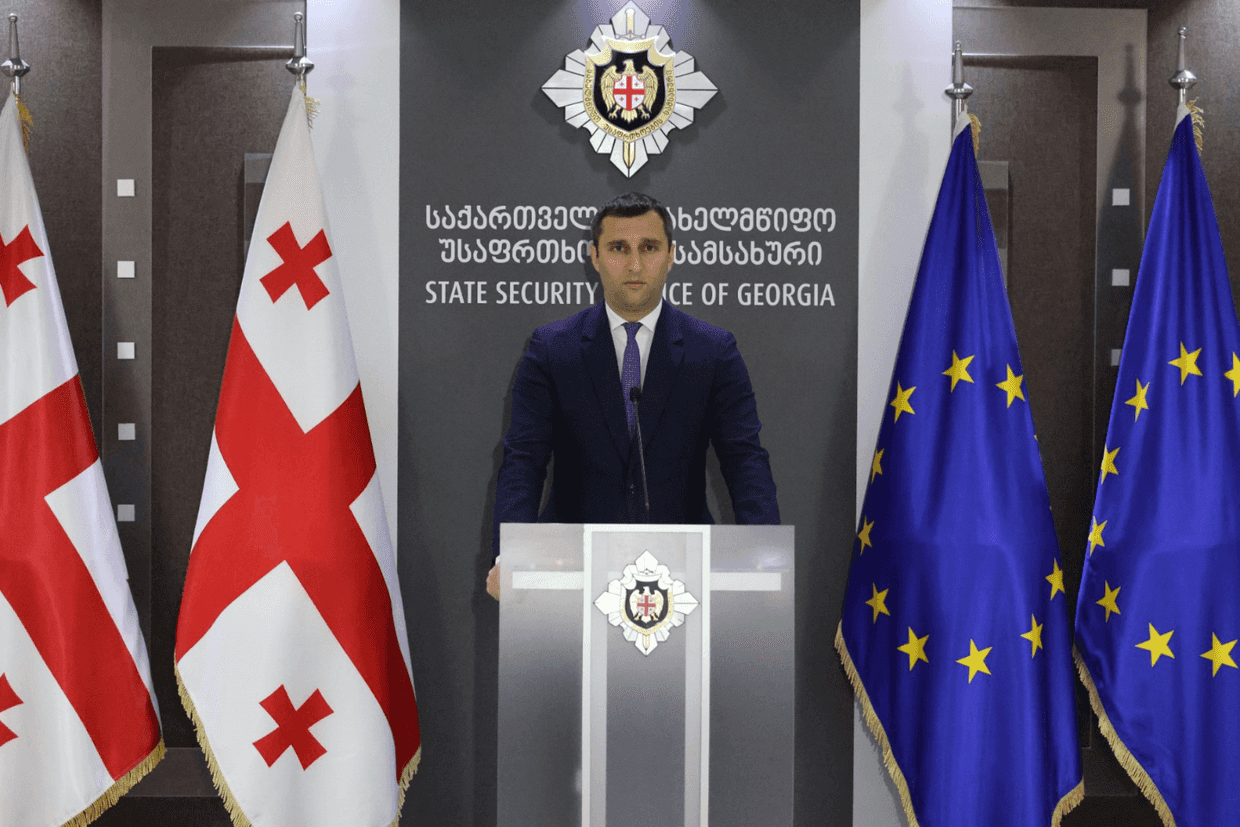
Around 1,000 people in southeast Daghestan blocked the Rostov–Baku federal motorway for several hours on Tuesday to protest systematic interruptions in their gas supply. The protest came as temperatures in the area plummeted to −10°C last week.
Residents of four villages in the Kayakent District of the Russian republic took part in the blockade.
Local residents told OC Media that their gas pressure was constantly low, with some houses not receiving any gas at all.
Local residents and officials have blamed the disruption on the gas distribution network not being looped as well as a boom in construction of greenhouses in the area which also consume gas.
In response to the protest, Deputy Chair of the Government of Daghestan, Vladimir Lemeshko, travelled to Novokayakent to meet with local residents.
‘If we increase the pressure, the burners in the houses closer to the gas pipe will fly off, the pots will fly up. We need to hold out just for another day’, Lemeshko said, adding that the temperature would soon rise.
Lemeshko proposed supplying gas intermittently, alternating between residential buildings and the greenhouses.
The proposal was met with anger from protesters, after which Lemeshko said they would cut off gas to the greenhouses if it was what people wanted.
Uma Adayeva, a resident of Novokayakent, told OC Media that the interruptions began before Christmas.
‘They turn off the gas and then turn it back on. We have three small children in our house, we’re afraid they will get sick in such cold’, she said. ‘The pressure is [also] very unsteady, an explosion could happen at any moment’.
Another local resident, Kalimat Mustafayeva, told OC Media that a fire broke out in their house on 12 December due to a sharp change in gas pressure.
‘Our kitchen, which we recently built near the house, was on fire. If firefighters came five minutes later it would have engulfed nearby buildings’, she said.
According to Mustafayeva, an examination by the Ministry of Emergencies proved that the fire broke out ‘due to a sharp change in gas [pressure]’.
Madina Omarova, a resident of the village of Gerga, told OC Media that, before blocking the motorway, on Sunday, residents of the four villages applied to the Kayakent District Administration. On Monday, they gathered in the Novokayakent village square.
Omarova said representatives of Gazprom met with them on Monday and proposed ringing the gas distribution networks as well as upgrading or reconstructing the existing gas network. She said that residents were sceptical of this promise.
‘Greenhouses consume gas’
A source inside the Kayakentsky District Administration blamed both the district administration and gas supplier Gazprom for the disruption.
‘The municipality and [Gazprom subsidiary] DagGaz gave a huge number of permits for greenhouses, regardless of whether there is enough gas for the population or not’, the source told OC Media.
He said Gazprom had illegally concluded gas supply agreements with the owners of these greenhouses.
‘Networks in the district are long outdated, and the volumes of gas supplied do not meet the required norms.’
‘At the same time, the profits are not being invested in developing gas distribution points and gas pipelines’, he said
A spokesperson for the Kayakent District Administration told OC Media that the gas supply to the villages was completely restored on Wednesday.
He said there were over 200 commercial greenhouses in the Kayakent District and that an agreement with their owners had been reached to reduce their gas consumption.
At a meeting with district heads on Wednesday, head of Daghestan Vladimir Vasilyev said that problems with the gas supply were the result of ‘an irresponsible attitude to work in districts and municipalities’.
‘One [person] allowed a greenhouse to be built, another one did not do the proper checks, the third one did not take measures, and instead of 11 acres [it became] 1 hectare.’
‘Do you know what it means when people go out onto the road? This means you get a “zero” for your work, and I do too’, he added.









